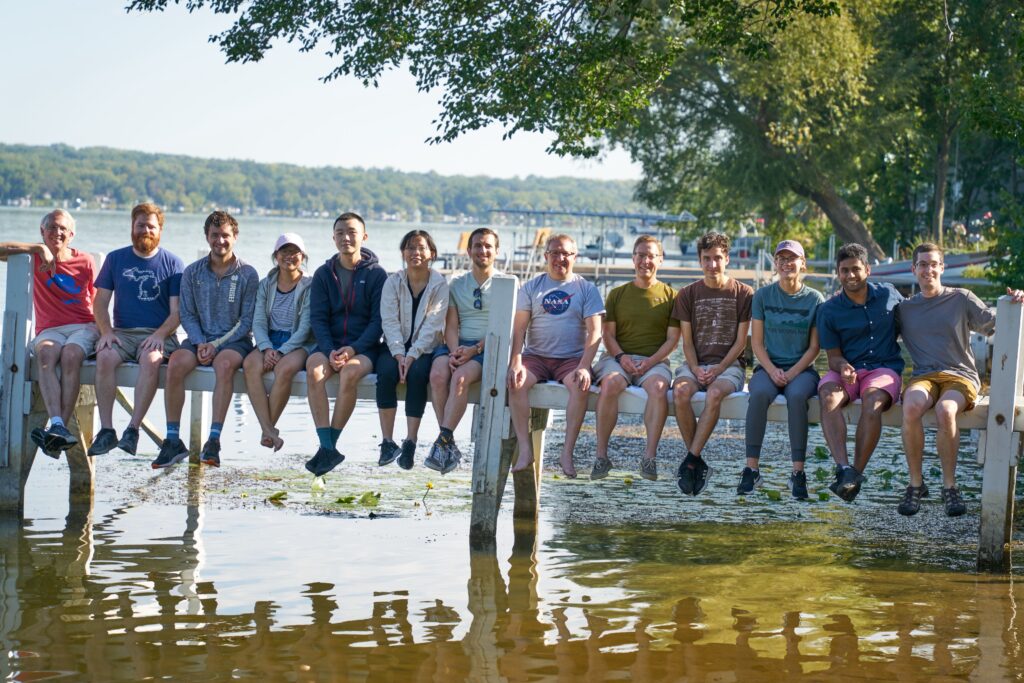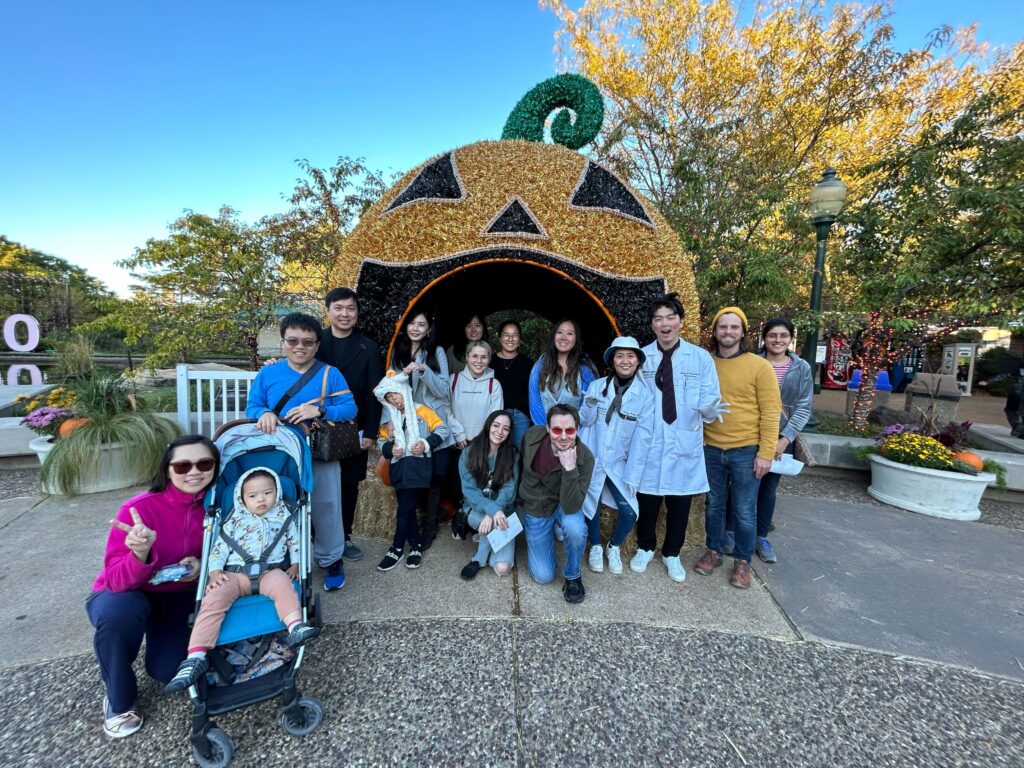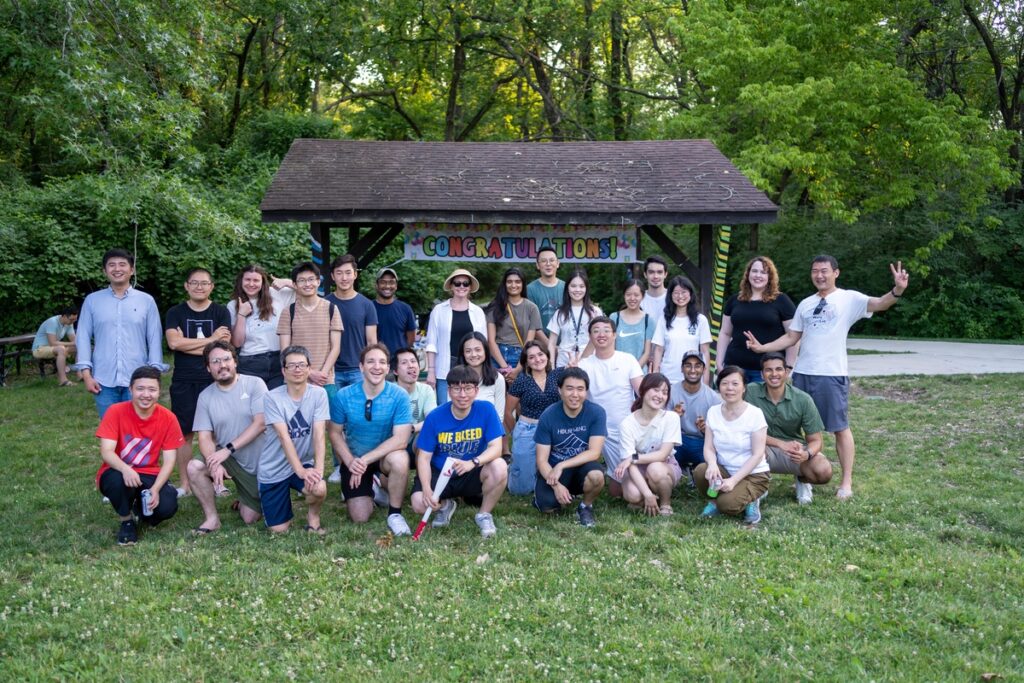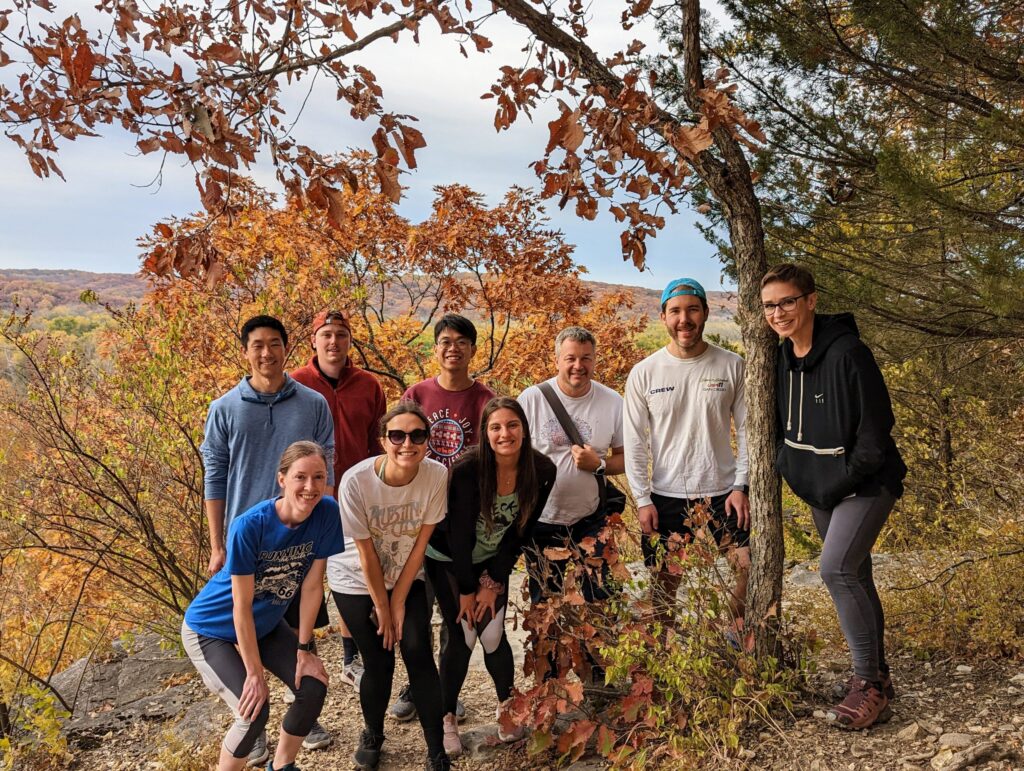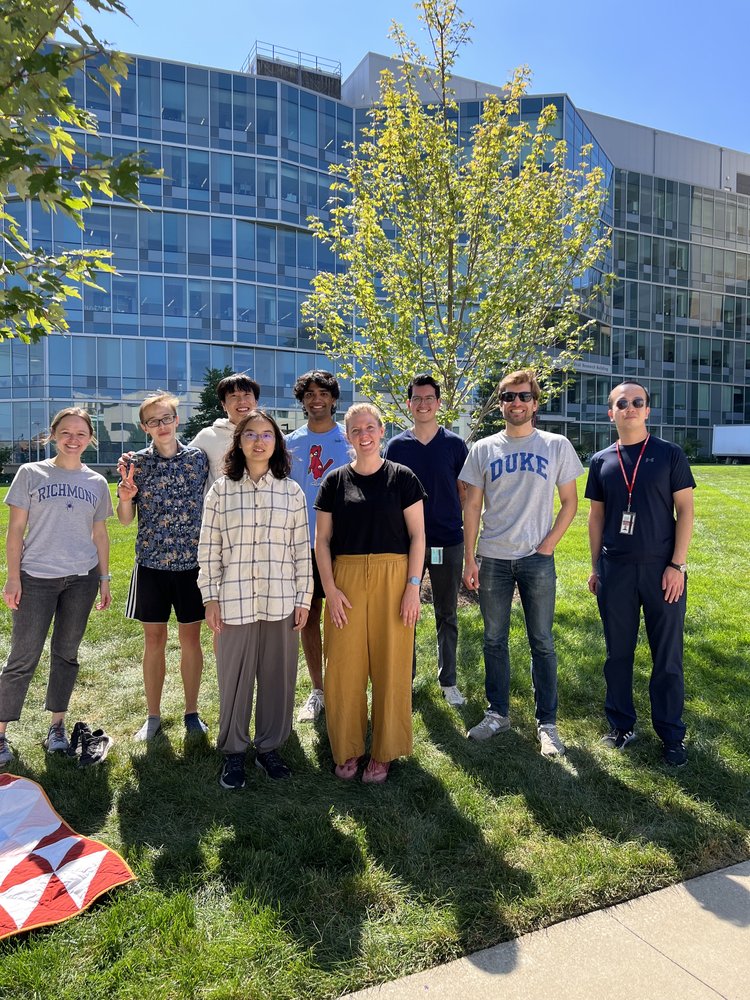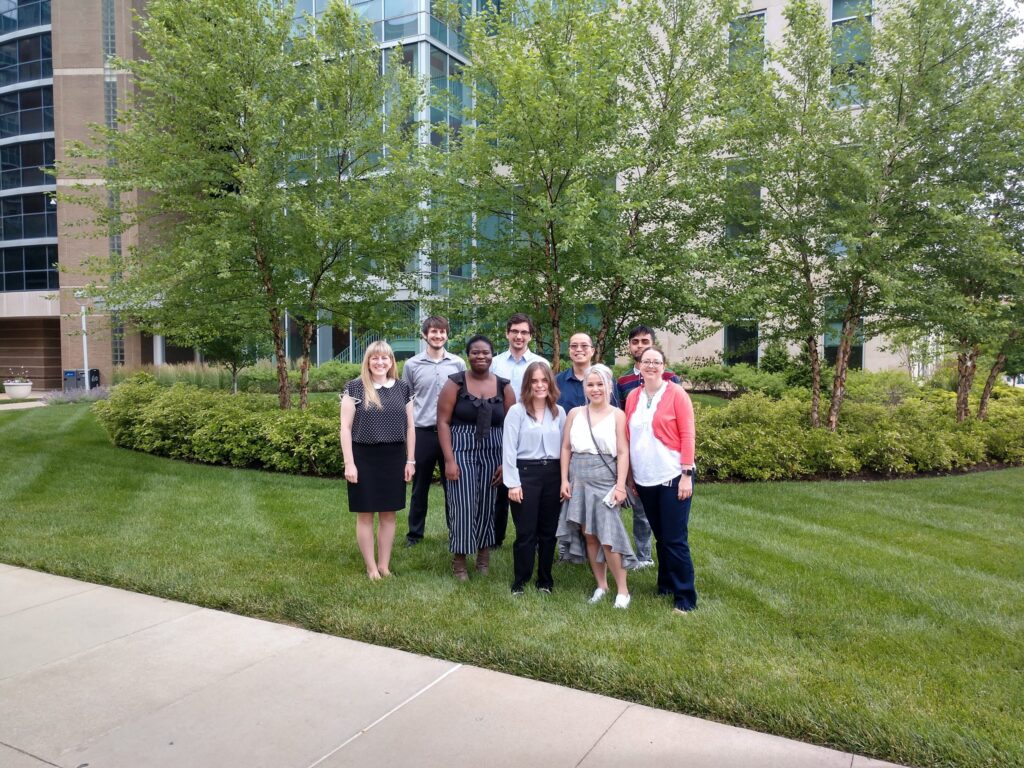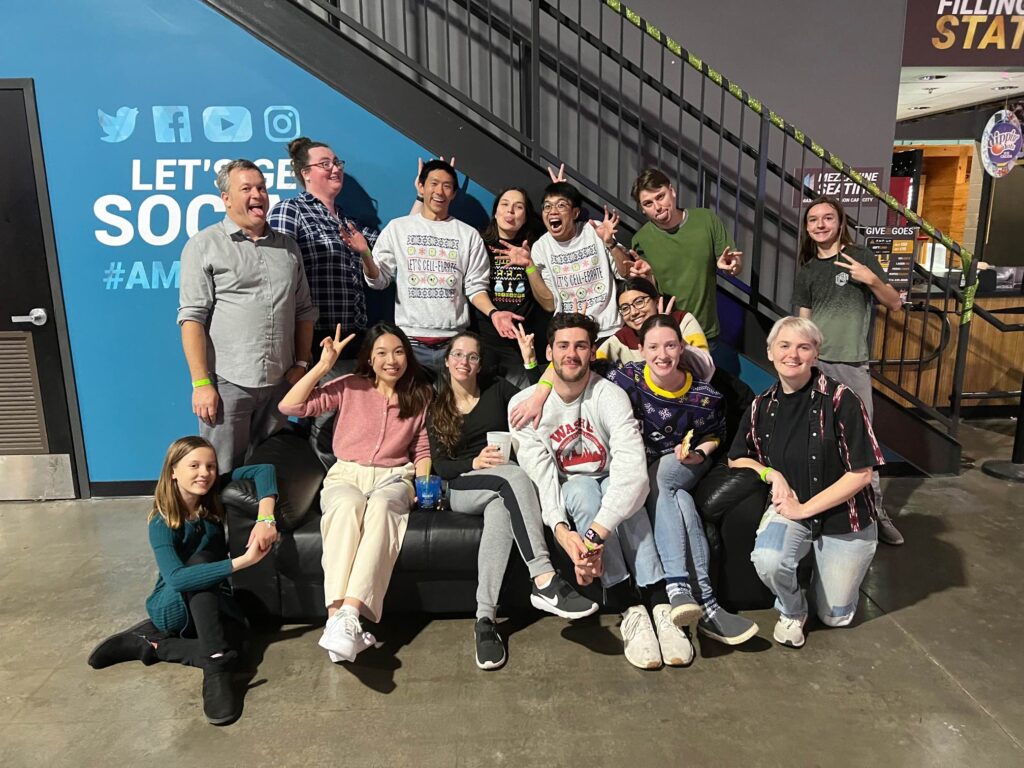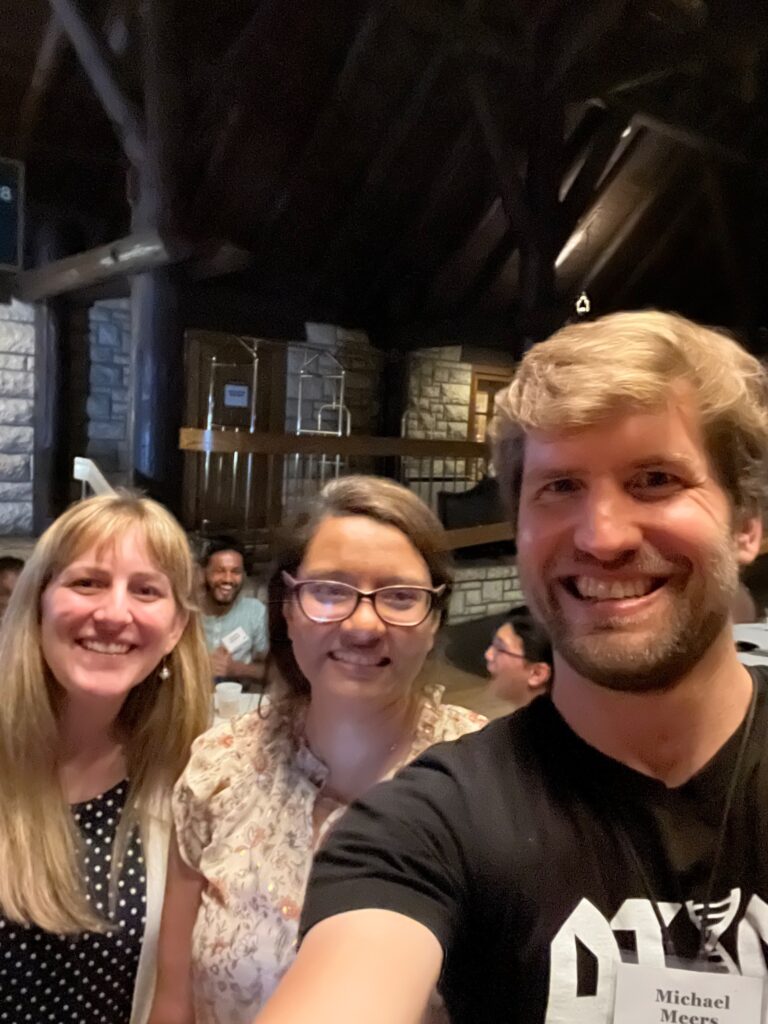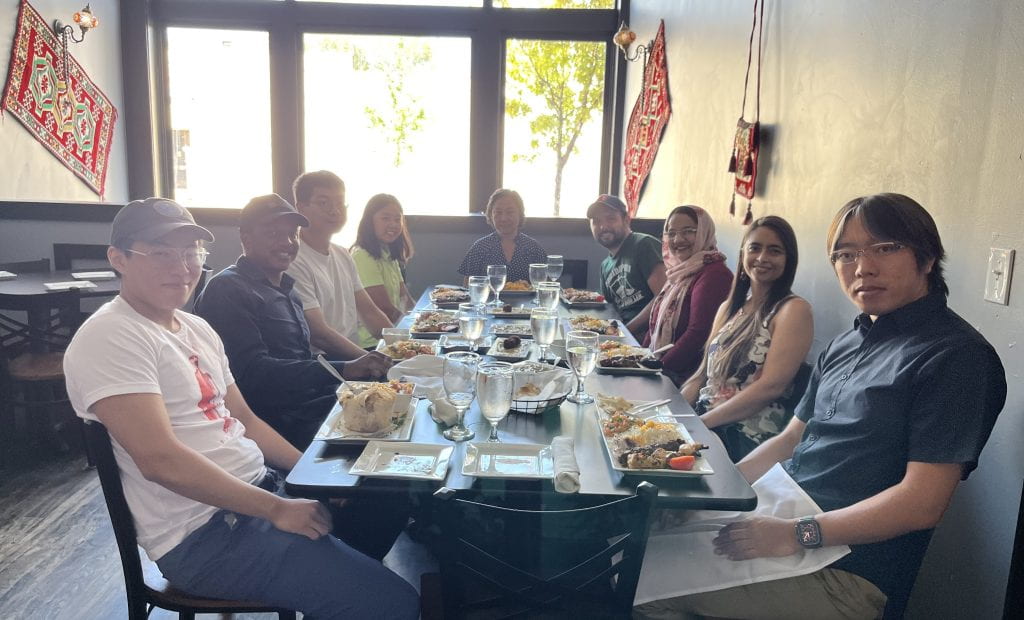Celebrating a long tradition of leadership and excellence, the Department of Genetics at Washington University in St. Louis continues to deliver cutting-edge research and technology in several fields of study. The Department’s traditional strengths include computational biology and genome science, as well as model organism, evolutionary and human genetics.
Recent specialties include neurological disorders, cellular bioenergetics, epigenomics, personalized medicine and genome technology development. The department is also the original home of the McDonnell Genome Institute, one of the largest academic genome centers in the country and a key player in producing the first human genome sequence, the first cancer genome sequence, several surveys of human genetic diversity, and the ongoing human pangenome project.
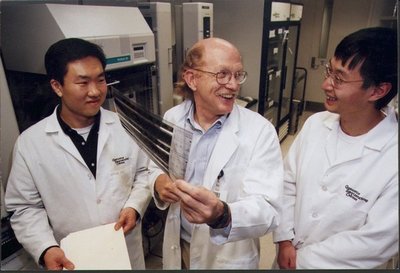
The forefront of genetics and genomics research
A leader in the Human Genome Project and the Human Pangenome Project, find out more about Genetics Department History
What proves consistent is the Department’s passionate and innovative community. Being an investigator in the Washington University Department of Genetics means having access to a tremendous combination of equipment, services and other resources. It means interacting with colleagues that share your interests, your energy, and your initiative to tackle some of the most challenging scientific questions facing the world today.
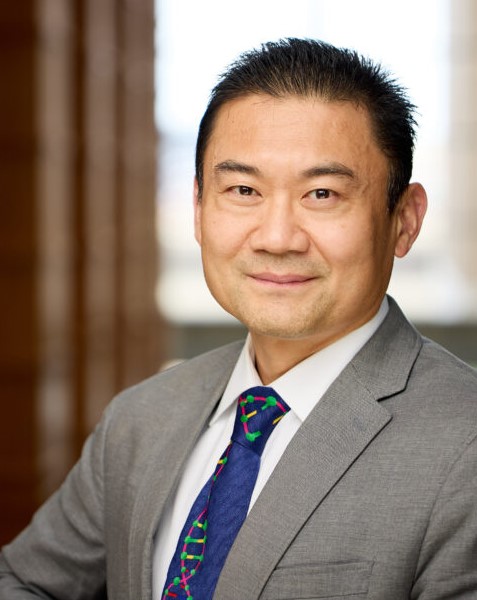
Our mission is to create an exciting and collegial environment where world-class research in Genetics and Genomics is translated into improvements in human health through better understanding of the molecular underpinnings of disease.
Ting Wang, PhD, Genetics Department Chair
A welcoming community
People do their best work when they feel welcome, content, and connected. The Department of Genetics strives to provide each of its members with the information, services and support they need to contribute fully to our shared mission. Each lab hosts its own flavor of team bonding and recreation activities, too, giving everyone the chance to build the connections that will last through their entire scientific careers.
The Department is home to 18 labs and around 50 primary academic appointees, but with more than 125 total appointees, including joint and honorary commitments, the potential for collaboration is boundless. Faculty in the Department of Genetics can be seen in some of the most collaborative communities on campus, including the Center for Genome Sciences, the Hope Center for Neurological Disorders, and the recently opened Neuroscience Building research community.
Diversity and inclusion
The Department of Genetics is committed to continuous improvement in supporting its members from varying backgrounds, experiences, and areas of expertise. The Department stands fully with the Washington University School of Medicine Diversity Statement. Continued and repeated review, introspection, and revision for the better is a responsibility of all members of the community, in particular those in leadership positions, and the Department takes this responsibility seriously. Collaboration and inclusion are hallmarks of Washington University and the foundation for our success, and the Department aims to create a community where individuals can contribute fully regardless of race, color, ethnicity, age, religion, sex, sexual orientation, ability, gender identity or expression, and national origin.
Looking to the future
Coming out of a period of extremely successful financial management, the department is eager to capitalize with aggressive growth plans over the next several years. As Dr. Ting Wang assumed leadership of the Department in August 2023, he immediately implemented plans to formalize recruitment efforts and expand the Genetics community. Individuals with research programs in any area of genetics/genomics are encouraged to apply.
